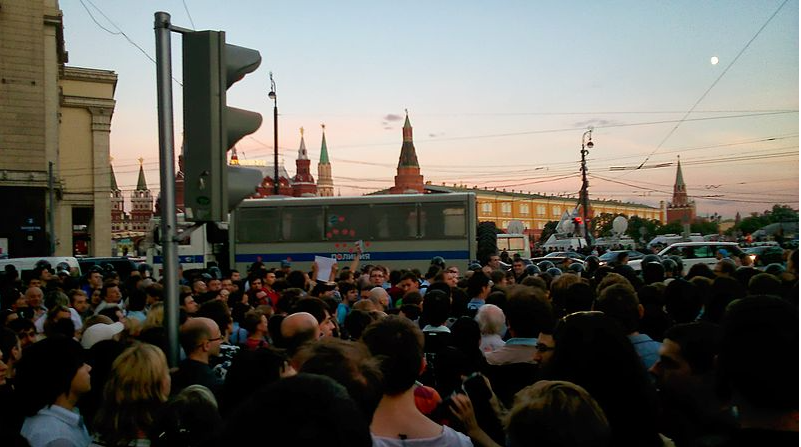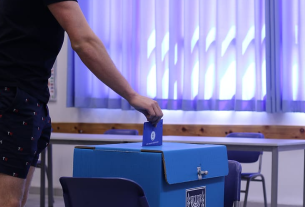On March 20, 2025, Indonesia’s House of Representatives passed controversial amendments to the 2004 Law on the Indonesian Armed Forces. The revised law, which received rapid approval, has already sparked significant protests and concerns over the future of Indonesia’s democratic integrity.
The amended law allows military personnel to occupy civilian government positions without resigning from the military, expanding their influence into institutions like the Attorney General’s Office, the Supreme Court, and the Coordinating Ministry for Political and Security Affairs. Furthermore, the law extends the retirement age for senior officers and broadens the scope of military operations, even in non-combat roles. Indonesian Defense Minister Sjafrie Sjamoeddin defended the reforms, arguing that they would strengthen the military’s capacity to address modern security challenges. However, these changes also provide President Prabowo Subianto greater power in appointing military officers to government roles.
Critics, including human rights groups and political activists, warn that the law’s provisions could reverse Indonesia’s post-Suharto democratic gains. They argue that allowing military officers to assume civilian roles undermines the civilian government and risks reintroducing the specter of military rule reminiscent of the 30-year authoritarian regime under former President Suharto. Prabowo’s background as a former special forces commander during the Suharto era only heightens these concerns.
As a result, the law has triggered widespread student protests across Indonesia. Activists and students, particularly in urban centers like Malang and Yogyakarta, have taken to the streets to voice their opposition. In Malang, reports indicate that security forces used aggressive tactics to suppress the protests, with footage showing a student being dragged by police. Human rights groups have also raised alarms about police brutality and the intimidation of student activists in cities like Yogyakarta.
The protests, while currently localized, represent a broader backlash against the military’s increased influence over civilian governance. If these protests gain traction, they could threaten Prabowo’s domestic and international ambitions, potentially destabilizing his agenda. The protests highlight the tension between Indonesia’s military reforms and the country’s fragile democratic institutions, a struggle that could shape the nation’s political future.
Prabowo’s push for a more robust defense strategy is clear, but whether it will come at the cost of Indonesia’s hard-won democratic progress remains to be seen. As the situation unfolds, international observers will be closely watching how the Indonesian government handles both domestic dissent and its military’s expanded role in governance.
Protesters-by-Putnik-wikipedia



